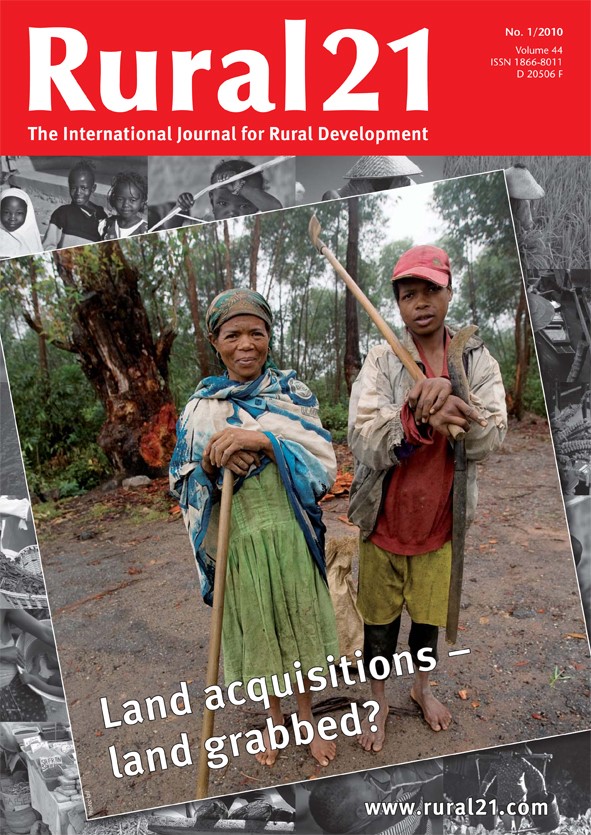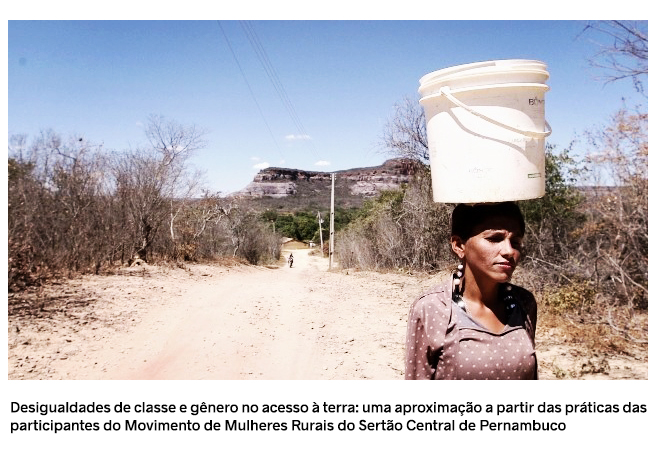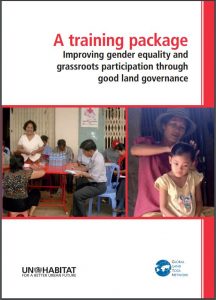In-depth assessment of the public agricultural extension system of Ethiopia and recommendations for improvement
Eighty-three percent of the population of Ethiopia depends directly on agriculture for their livelihoods, while many others depend on agriculture-related cottage industries such as textiles, leather, and food oil processing. Agriculture contributes about 46.3 percent of gross domestic product (GDP) (World Bank 2008) and up to 90 percent of total export earnings. As part of the current five-year (2006–2011) Plan for Accelerated and Sustained Development to End Poverty (PASDEP), the government is continuing to invest heavily in agriculture.






